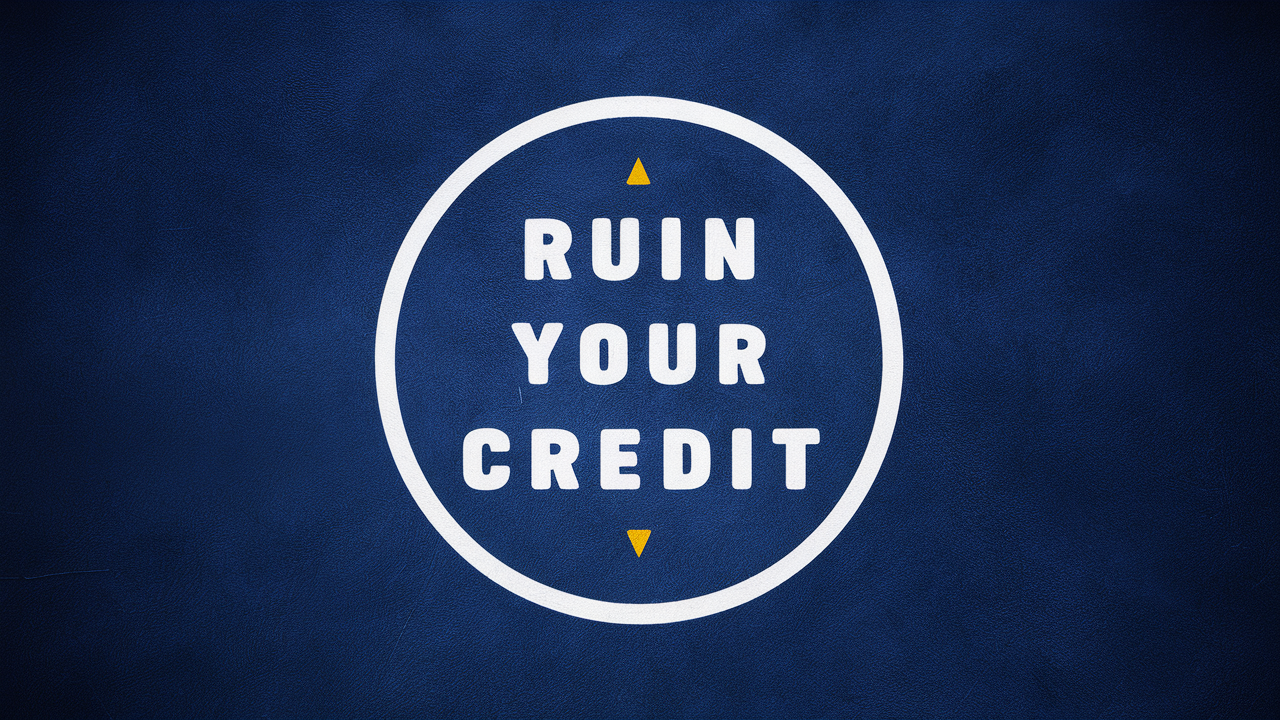-
Posted on: 16 Jul 2024

-

A major factor in your financial situation, your credit score affects loan approvals as well as credit card interest rates. Maintaining a good financial profile depends on your knowledge of the elements that could lower your credit score. The biggest offenders that could damage your credit will be discussed here along with advice on how to stay clear of them.
Your payment history is among the most important things influencing your credit score. Late payments may seriously lower your score, particularly those thirty days or more past due. Late payments are seen by lenders as evidence of financial instability, hence they are less inclined to provide credit going forward. Consider creating automated payments or reminders to guarantee bills are paid on time and help prevent late payments.
The ratio of your credit limits to your present credit card debt is known as credit usage. Usually exceeding 30%, a high usage rate tells creditors you could be overreaching yourself financially. Your credit score might suffer as a result. Try to keep your balances low and pay off your credit cards in whole every month to retain a good credit use ratio. Ask for more credit limits if at all feasible to raise your ratio without running more expenses.
Whether your debts are mortgages, personal loans, or school loans, defaulting on them can seriously lower your credit score. Ignoring payments for a lengthy time causes a default, usually resulting in legal consequences and collecting activities. See your lender if you find it difficult to make payments to prevent defaulting. Many lenders provide hardship programs or repayment schedules meant to assist you stay out of default and prevent the fallout.
One of the most negative occurrences your credit score suffers from is filing for bankruptcy. A bankruptcy may stay on your credit record for up to 10 years, thereby making it difficult to get credit throughout that period. Even while some people with overwhelming debt may have to file for bankruptcy, it's important to first investigate alternatives such as credit counseling or debt consolidation, which could have less effect on your credit score.
Closing unused credit accounts might seem like a smart decision, but it can lower your credit score. Closing previous accounts could lower your credit limit generally and raise your credit use percentage. Longer credit histories also help to raise your score. Rather than canceling accounts, think about keeping them open and sparingly utilizing them to retain activity without running into debt.
Every time you apply for credit, your credit report is searched. Many quick questions over a short period might indicate to lenders that you are in financial trouble, therefore affecting your score. Space out credit applications and only apply for new credit when needed to help prevent this.
Identification of mistakes and knowledge of your credit situation depend on routinely reviewing your credit report. Errors on your credit report—such as late payments or accounts you do not own—may lower your score. Use the free yearly credit report services; if you discover disparities, immediately dispute them with the credit reporting companies.
Reaching your financial objectives requires a good credit score, hence keep that. Understanding the elements that could damage your credit will help you to guard your score actively. Give timely payments priority; control your credit use; keep updated on your credit report. Careful management and awareness help you to develop and preserve a high credit profile that creates financial possibilities and access to good financing arrangements.
Call now for expert credit repair services: (888) 803-7889
Read More:
How much is a 30 year mortgage payment on $400000?
Is there a way to wipe your credit clean?